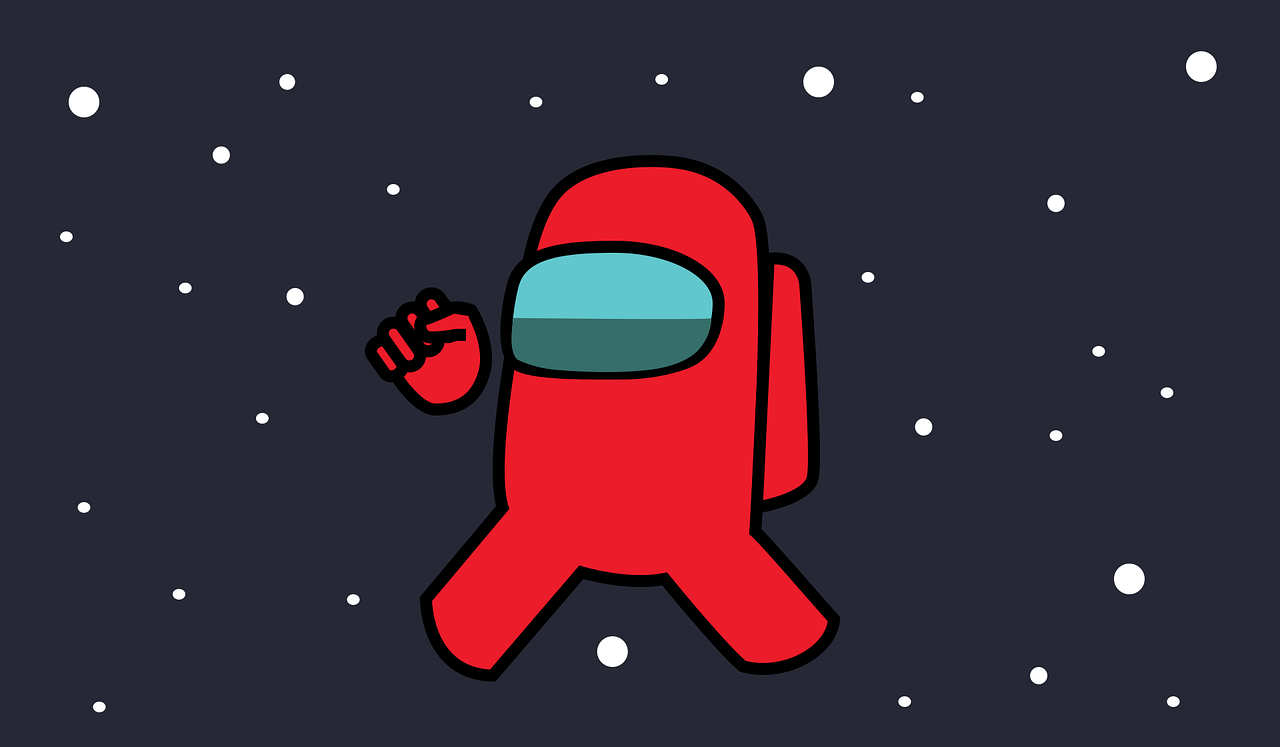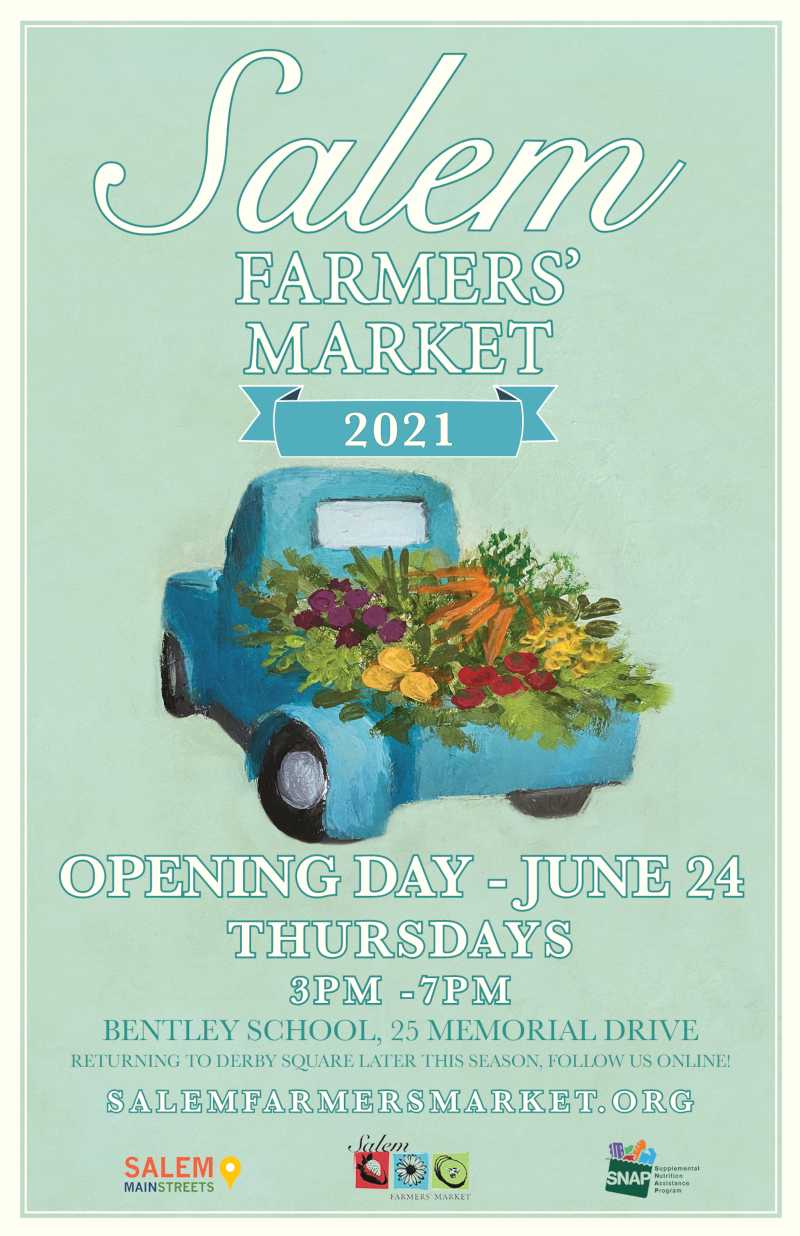

by Joey Phoenix
Games have always been a way for people to blow off steam and distract themselves from the challenges of being human. And over the past year, games, and online gaming in particular, have become more important than ever as more people are turning to the web for ways to entertain themselves and connect with people when they can’t do so in person.
But what for many has been a soothing diversion or a way to entertain party guests, for others, games have always been much more than that. They are a fun and useful way to gain agility, balance, and hand-eye coordination, teach concepts and skills in an engaging way, and give people tools to grapple with complex social or political situations in low stakes environments.
They’re also just a great tool for connecting with others.


Online gaming is for everyone
Online gaming has opened access to this kind of entertainment far more people than ever before, making it possible for almost anyone with an internet connection and a device to plug in and play. Importantly, it’s scratching the itch of human interaction and distracting us from the daily difficulties of being socially-conscious people in a global pandemic.
To meet this need for connection and fun, local businesses like The Castle: A Board Game Café in Beverly and Granite Coast Brewing in Peabody have hosted popular public game nights like Scattergories, Jeopardy!, and Trivia, something they used to do in person pre-pandemic and have now translated into the virtual world.
“Right before COVID hit we were hitting our stride with more guests coming into the Taproom than ever. The best part of that was that we were really getting to know people. Their names, faces, family and even pups,” said Amy Luckiewicz (she/her/hers), Marketing Manager and Events Promotion at Granite Coast Brewing in Peabody.
When COVID hit, they realized it was a priority to not lose that connection, and offer the chance for interaction in an engaging (and COVID-safe) way that would entertain extroverts and introverts alike.
“For us, [hosting these games] has given us a chance to connect to people outside of our circle in a safe way, and offering an online connection allows safety and control. You decide to log on and play or not. I think it provides a happy medium for all sides,” she added.
While restaurants and breweries are hosting successful public events, games like Jackbox, Scribblio, and the 18+ multiplayer dating sim Monster Prom have also come into the mainstream, giving private Zoom party hosts a shared reason to come together and hang out in the cyber sphere.
But this trend is something that gamers, role players, and game designers alike think is really only just beginning. What used to be an insular community of online Gamers (note the capital “G”) has become more inclusive with a much lower barrier to entry. Plus, the gaming community is bigger than it has ever been, and just keeps growing.
For example, Nintendo released the Switch on March 3rd along with Animal Crossing: New Horizons a couple of weeks later which became one of the most popular games of 2020. And although Innersloth released Among Us in 2018, it became one of the best ways for people to beat the screen sads in 2020 (Read: Among Us saved the world from Zoom fatigue).
Pass the Sugar, Please – An 18+ outlet for sweet connection


While some of the popular avenues to gaming include consoles, devices, and user accounts, other companies are taking a more dramatic approach to how people can play.
Soon after the start of the pandemic, Intramersive LLC released Clio Yun Su Davis’s (she/they/her/theirs) 18+ online theatre experience Pass the Sugar, Please, a featured game in “Honey & Hot Wax: An Anthology of Erotic Art Games,” edited by Sharang Biswas (he/him/his) and Lucian Kahn (he/him/hisigoths).
In December, the game was listed as one of No Proscenium’s top 20 most unforgettable moments that defined Immersive theatre in 2020, a title well deserved.
This may be due in part to the fact that Pass the Sugar, Please isn’t just theatre, its game theatre.
Recently, game theatre – an extension of interactive and immersive theatre – has become a rising form of entertainment for theatre goers who don’t want to just sit back and watch, but want to be a part of the action themselves.
Pass the Sugar, Please is essentially, an adults only game where players talk about BDSM through wordplay and scones. Nothing is ever explicitly mentioned, but the meaning is clear. Biswas’s and Kahn’s games are all based on sex positivity and are created to challenge how you think about roleplaying, sexuality, and human relationships. And Davis’s adaptation Sugar is no exception.
And this week, they’re running the show again. (Click here for tickets).
Carly Dwyer (she/her/hers) is the founder and creative director of the Salem-MA based game theatre company Intramersive Media, LLC. Intramersive specializes in immersive experiences like Sugar where, through innovative storytelling and live-action role-playing, cast members give audiences the opportunity to impact their small impermanent worlds and be part of the story.
Carly has been a gamer for most of her life, but wouldn’t have considered herself an online gamer until this year – a fact she attributes to her Dungeons and Dragons group, Full John Cusack, starting its popular Twitch livestream and quickly gaining a significant following, alongside the success of Pass the Sugar, Please and Magical Help Desk.
“Through our game going from just playing as a group over Roll 20 to a real streaming show, I think it gave us a sense of purpose and community we had all lost with the advent of the pandemic,” said Arielle Kaplan (she/her/hers), Director of Operations for Creative Collective and player and media manager on Full John Cusack.
“The magic of RPGs is that we are transported through the power of our voices and storytelling, which transcends being forced into boxes on a screen. And that is real magic, beyond what my character can do” she added.
“We owe a lot to the gaming community”
“Before COVID, online gaming was a very vast and yet somewhat closed system,” she said, mentioning online communities like World of Warcraft, Overwatch, and Fortnite (among others). “And while there are millions of people who play them, it’s almost a shadow society where if you weren’t in it, you didn’t know anything about it.”
But there have been widening windows into that world over the past few years. Stories like this one where a British teenager had a seizure and his gaming friend 5,000 miles away in Texas called the ambulance for him, or this story where Final Fantasy gamers held an online in-game funeral for a friend who passed away due to COVID have reached the public consciousness.
And while people are starting to realize that they too can join in on the fun in a more casual way, it’s important to note just how much the entertainment industry this year owes to the gaming community. Because, according to Carly, new online gamers are the beneficiaries of those thousands of hours of playing this community has achieved.
“If gamers hadn’t been playing those games for years – people who suffered abuse from the media and popular culture all the while – we would not have had the technology or the structure set up and play those games ourselves when COVID hit,” Carly said. “They are the reason all this exists, and everyone is so grateful it does.”
Anti-Social Skills, The adult party game written by comedians
Samuel Liberty (he/him/his) is a professor of game design at Northeastern University, the chair of the Playable Theatre Project, and the former Senior Game Designer at the Engagement Lab at Emerson College. In his role as a games for impact designer and consultant, he has worked with United Nations Development Programme, MIT Media and Lincoln Labs, and the U.S. Department of Defense, among many others.
In addition to this remarkable CV, he’s also designed many award winning party, role playing, and tabletop strategy games. His most recent project is Anti-Social Skills, a party game written by comedians including Jon Rineman, a comedian who was the head monologue writer for The Tonight Show With Jimmy Fallon and has written for Seth Meyers and WWE.
Sam first gained early notoriety for his game Forsooth (Spoiled Flush Games, 2011) – codesigned by Kevin Spak (he/him/his), a Shakespeare-themed RPG where participants improvise the bard’s greatest lost work. The game was a GameChef 2011 award winner.
But when COVID-19 hit last year, Samuel and the people he worked with had to make some switches in regards to how they thought about game play and game design when everything had to be completely online.
“It’s really hard to play card games outdoors,” he said, “and most board and card games don’t translate too well to being played over Zoom.”
Anti-social skills, for example, was meant to be something different than its final iteration. It began as a tabletop card game, something suited to a game night with friends, but the logistics of that quickly became impossible when people couldn’t gather in person.
Recognizing this, the team adapted the game for Zoom, transformed it into a performance based game, playtested it, and released it in its current form.
“I think [Anti-Social] actually plays a lot better in person with that change. It makes it a lot more unique,” he said.
Games for impact
When Sam isn’t designing entertaining party games or lecturing to students at Northeastern, he spends the bulk of his time designing or consulting on games for impact for organizations around the world.
Games for impact, also known as games for change or game-enabled services, are high quality educational, health, and social impact games that have wider impact, significance application.
The field is relatively new, as gamification of solving complex social and developmental issues has been seen with some skepticism by those outside of the gaming community. But game designers like Sam are flipping the script, showcasing the possibilities of gaming in grappling with difficult challenges in a low stakes environment.
They’re also doing it in a way that guarantees the credibility of the games they design.
“We are very stakeholder driven,” he explained. “There’s a reasonable expectation from the organizations we work with that the games we design will do what we say they will. Not only because people’s lives are affected, but the funding for these projects could easily be used elsewhere, so these games need to have impact.”
To help ensure this, Sam and his team host Inception Workshops prior to ever beginning to design anything. These inception workshops bring together a variety of different stakeholders, whether they’re people from the NGO, or people that are directly affected by the problem including experts, academics, families, teachers. The workshop allows Sam’s team to fully understand what the problem is and also, significantly, grants them insights into how the stakeholders play and interact with games. And sometimes the results of these workshops have been surprising.
“In Ghana, when we asked him to show us the games that they play, a lot of what they did was singing and dancing and acting,” he recalled. “And we wouldn’t necessarily consider those sort of things as games, but they do, and that became an important part of our design process.”
Due to COVID, Sam’s team had to switch the way in which they conduct these workshops, which hasn’t always been an easy problem to solve. Questions of how to convert an in-person process into a digital process led to many challenges initially.
“We were intending to travel to Cabo Verde in March of 2020, and we were developing a simulation game that had started off as a board game, but with COVID we quickly had to pivot and build a quick digital prototype,” Sam recalled.
“We’ve had to adapt so much of how we work, especially because a lot of what we do starts with these hands-on workshops. But we’ve made it work,” he added.
Games for connection
Gryphon (they/them/theirs) is a genderfluid 20-something HubSpot senior front-end developer who has been gaming for most of their life. Games like Pokémon, Runescape, and Magic the Gathering captured their attention early on, and gaming has been an integral part of their experience ever since.
While Gryphon initially enjoyed playing games by themselves, being drawn to games featuring beautiful worlds with equally beautiful music (Final Fantasy, Tales of the Abyss), as they grew older they came to appreciate the social component gaming could provide, a hobby helped along by a video game club started by a teacher at their high school in Montclair, NJ.
“I wasn’t well connected socially in high school, and this club didn’t really change that, but it was one of the few times up until that point where I was able to indulge this hobby I was seriously into while also interacting with a lot of people,” Gryphon said.
But a lot has changed for them since high school. In the months since the start of the pandemic they’ve been hosting twice monthly virtual game nights, inviting friends who they normally would’ve seen in person to come hangout in a digital space on Discord, which is essentially Zoom for gamers.
“I started this online community because I was bored and lonely and I wanted to connect with people,” they explained. “All of my normal ways of connecting with people were not possible anymore, so this is what I had to work with.” They mentioned that even before the pandemic, their social gatherings were mostly centered around social dance or game nights, explaining that planned shared activities make introverts like them far more comfortable in spaces often dominated by extroverts.
And so, when they put out the call to virtually game, people showed up. And while they had to work out some of the bugs, it’s now a regular source of entertainment for the attendees.
“It was kind of rough at first figuring out what games would translate well,” they admitted. “We had a couple of misfires where we’d be playing a game with a limited number of people, and then one extra person would show up while we were like halfway through. It got awkward.”
Fortunately, they were eventually able to catch their stride, falling back on games like Scribbl.io and Jackbox and then saving the more time-intense games for later as people desired.
Building tool boxes for impossible situations
Live action role playing (LARP) games, pen and paper role playing games, and games for impact each have a similarly useful function when it comes to experiential learning: they allow for the player to undergo duress, make difficult decisions, and endure hardship in a low-stakes non consequential way.
Although Gryphon always was a somewhat serious gamer, they really began to understand the role that games could have in their life in college. They discovered the dynamic experience that was pen and paper role playing games – including Dungeons and Dragons and other similar game engines, and through that were able explore more complex concepts in a safe yet somewhat distant way.
“The two characters who I miss playing the most, who I connected with on a personal level and cared about what happened to them, were a rich gay gnome and a young kid who was non-binary, ace, and aro,” they said, acknowledging that they created these characters before they fully realized their own personal identity.
“There was a lot that I put into those characters, subconsciously and consciously, that allowed me to try on those identities in a similar way as I’ve heard people describe dressing up for the Rocky Horror Picture Show being a gateway to discovering that they were Trans,” they added. “It was a way to explore this safely, at a distance, before I was ready to embody anything personally.
Carly Dwyer described something similar in regards to the creation of her D&D characters and their experiences, because she also gets very attached to them.
“Linnea, my D&D character, is not me, but she is potentials of me,” Cariy explained. “She does things I would never do, and I have to understand those facets through her.


One of the most transformative experiences for Carly was one of her initial LARPs as a healer NPC, during gameplay, she was able to recognize her own agency in a situation and affect the outcome of the game in a way that was incredibly moving for her.
“I realized first of all how scared I was, and then, so proud of myself that because I was 19, I was in the heat of my own emotional situations at home – I was very much a kid that felt out of control of her world,” she recalled. “But in the game I just acted on instinct.
“For me it was a real accomplishment.”
This concept is something Sam brings into his work with organizations like the Red Cross or the United Nations, recognizing that real world scenarios pack well into gamified containments.
“Games are great at seeing how people react to dangerous situations without actually putting them in dangerous situations,” he said. “For example, you can’t test how people will plan for a flood or react to one, without creating a flood. And even if you could, you shouldn’t. So these games allow you to do it in a way that’s safe, and be able to test different scenarios.”
Sam’s current work with the World Bank is directly grappling with issues like these, answering questions about resilient transport – e.g. building ports, designing infrastructure, and preparing for catastrophic weather patterns, in Cabo Verde off the coast of Senegal.
“We developed a game where you could plan around balancing efficient infrastructure, resilient infrastructure, and other opportunities and threats that are coming in for you to try to take advantage of and mitigate, to try to develop,” he described.
The stakes are far, far lower.
“One of the major things that is overlooked when discussing gaming as an art or hobby or an activity is that It is just entertainment,” Gryphon added. “But entertainment in all of its forms has the potential to be transformative when you get to be a part of it.”
“LARP in its very nature, when played well, is about building toolboxes for impossible situations. So when you encounter possible situations, you’re like, well, this is nothing like the time we’re being chased by vampires,” Carly said.
Joey Phoenix (they/them) is a casual gamer the the Director of Brand Strategy and Innovation at Creative Collective. As the resident storyteller and town crier, they encourage you to send story ideas, inspiration, or pictures of adorable critters to joeyphoenix@creativecollectivema.com.


Creative North Shore is powered by Creative Collective. Creative Collective fosters growth, sustainability and scalability for small businesses, creative thinkers, organizations, entrepreneurs and innovators. We service the game changers, community leaders, municipalities and everyone that understands the importance of the creative workforce.
To find out more or to see what it means to be a member of Creative Collective —> https://www.creativecollectivema.com/join







